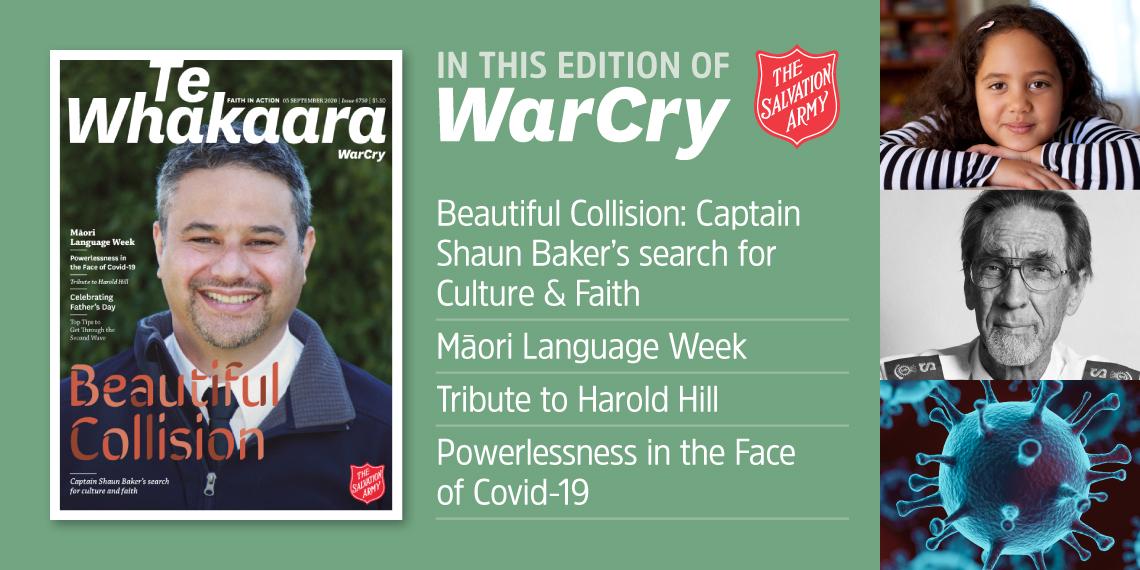The Ties That Bind

Read this edition online.
There’s a resurgence of getting back to basics for many Kiwi—declutter, grow your own food, make your own clothes. Also, a sense of living and working together in a collective and connective space. This is not new or unique and this way of life is particularly apparent in our Māori and Pasifika communities, and the strengths are in the intergenerational relationships, mutual support and transference of knowledge.
This edition covers both Māori Language Week and Father’s Day, and I am reminded by our various contributors of ties that bind us in our expressions of family and culture. The Online Māori Dictionary describes whānau as: extended family, family group … sometimes used to include friends who may not have any kinship ties to other members. Iwi and hapū also embrace the ever-widening interconnections of family and tribal ties. There is also the tie of language, and in Roxette Ogotau’s article on page 3, she shares the importance of te reo Māori which ties her to whakapapa, and laments the loss of language in the undermining of Māori identity.
In this edition’s Bible verse from Deuteronomy, the requirements given to us by God are to pass on the knowledge, culture and faith to our children and grandchildren, and we could benefit so much by extending our understanding of ‘nuclear’ family to include a more generationally inclusive model. I am hopeful that this re-evaluation of the important things in life will result in a stabilising and nurturing environment for our families in these changing times.
Vivienne Hill
Editor
Bible Verse
Deuteronomy 6:6–7
These commandments that I give you today are to be on your hearts. Impress them on your children. Talk about them when you sit at home and when you walk along the road, when you lie down and when you get up.
Tiuteronomi 6:6–7
Hei roto ano i tou ngakau enei kupu e whakahau atu nei ahau ki a koe i tenei ra. Whakaakona marietia atu hoki ki au tamariki, korerotia i a koe e noho ana i tou whare, i a koe e haere ana i te huarahi, i a koe e takoto ana, i tou aranga ake hoki.
